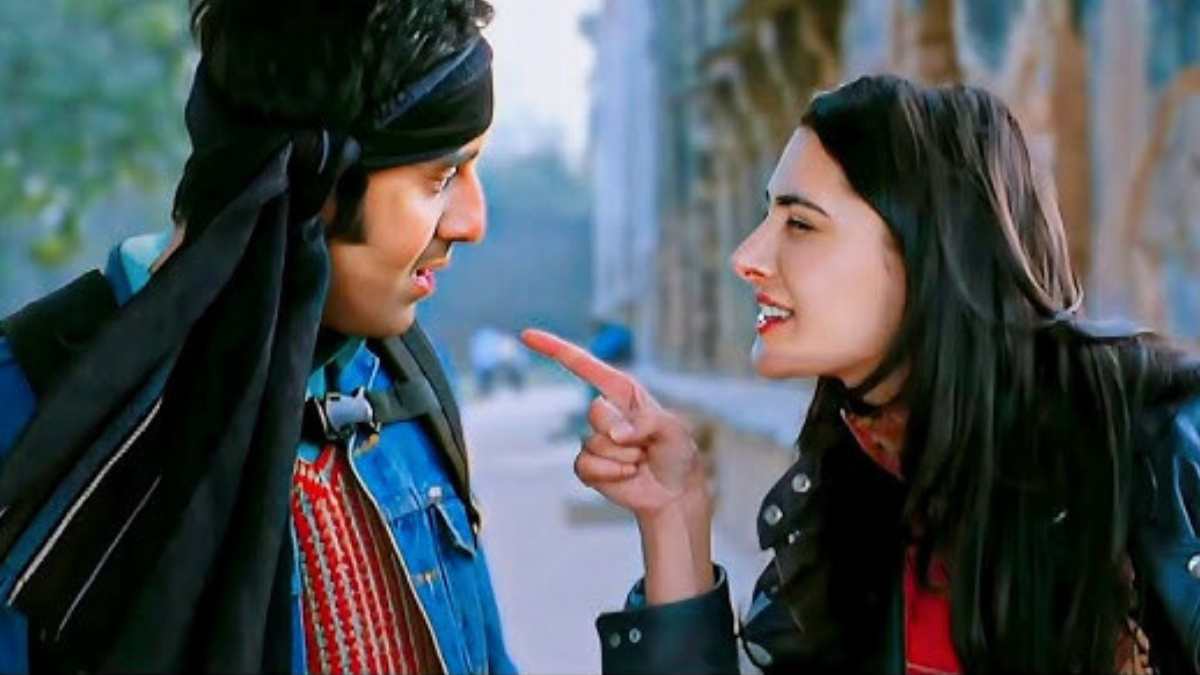Sufi poetry, with its profound themes of divine love, spiritual longing, and transcendence, has long captivated hearts worldwide. Rooted in mysticism and the pursuit of a deeper connection with the divine, Sufi poetry transcends religious boundaries, offering universal messages of unity, love, and peace.
Its influence on Bollywood has been significant, infusing the Indian film industry with soulful lyrics, timeless melodies, and spiritual depth.
The Essence of Sufi Poetry
At its core, Sufi poetry seeks to express the ineffable — the indescribable bond between the human soul and the divine. Poets like Rumi, Hafiz, Bulleh Shah, and Amir Khusrau have penned verses that resonate with the themes of surrender, devotion, and the ultimate truth of existence.
Their works, often accompanied by Sufi music like qawwali and folk tunes, create an experience that transcends mere entertainment, evoking deep emotional and spiritual responses.
Bollywood’s Tryst with Sufi Poetry
Bollywood has embraced Sufi poetry and its essence, weaving it into its narrative and music. This influence is especially evident in film songs that delve into themes of love and longing — both earthly and divine. Sufi-inspired songs often carry an ethereal quality, blending poetic brilliance with captivating musical compositions.
One of the earliest influences can be traced to the works of poets like Amir Khusrau, whose verses have been adapted into Bollywood songs over the decades.
The qawwalis of the 1960s and 1970s, performed by legends like Mohammed Rafi and Nusrat Fateh Ali Khan, introduced audiences to the spiritual ecstasy of Sufi traditions. Films like Barsaat Ki Raat and Mughal-e-Azam showcased this genre with songs like “Na To Caravan Ki Talaash Hai” and “Teri Mehfil Mein Kismat.”
The Modern Era of Sufi-Inspired Bollywood Music
In recent decades, Bollywood has witnessed a resurgence of Sufi-inspired music. Lyricists like Gulzar and Irshad Kamil, and composers such as A.R. Rahman and Pritam, have drawn upon the timeless themes of Sufi poetry to create songs that resonate with contemporary audiences.
Tracks like “Kun Faya Kun” from Rockstar, “Arziyan” from Delhi-6, and “Khwaja Mere Khwaja” from Jodhaa Akbar are modern masterpieces that embody the spiritual fervor of Sufi traditions.
A.R. Rahman, in particular, has been instrumental in popularizing Sufi music in Bollywood. His compositions blend traditional instruments like the harmonium and tabla with modern orchestration, creating a sound that is both rooted and innovative.
Songs like “Piya Haji Ali” from Fiza and “Maula Maula” from Anwar have become iconic, showcasing the transformative power of Sufi music.
Themes of Love and Longing
Sufi poetry’s exploration of love — often as a metaphor for divine connection — aligns seamlessly with Bollywood’s penchant for romantic storytelling.
The lyrics, infused with metaphors and allegories, elevate Bollywood songs, making them both poetic and philosophical. Lines like “Tu Hi Re” (from Bombay) and “Tere Bin” (from Bas Ek Pal) reflect an intense yearning that transcends the ordinary, touching the realm of the sublime.
Bridging Cultures and Generations
Sufi-inspired music in Bollywood has played a pivotal role in bridging cultures and generations. By adapting centuries-old poetry and musical styles to modern sensibilities, Bollywood has kept the essence of Sufi traditions alive, introducing them to younger audiences.
This fusion has also transcended national boundaries, with Sufi-inspired Bollywood songs gaining global recognition and appreciation.
The Legacy of Sufi Poetry in Bollywood
The enduring appeal of Sufi poetry in Bollywood lies in its ability to evoke universal emotions and connect audiences with their innermost selves. By celebrating themes of unity, love, and divine connection, Sufi-inspired songs have carved a unique niche in Bollywood’s vast musical landscape.
Whether through the haunting strains of a qawwali or the soulful rendition of a modern ballad, the influence of Sufi poetry continues to enrich Bollywood, making it a treasure trove of spiritual and emotional depth.
In the ever-evolving world of Indian cinema, Sufi poetry remains a beacon of timeless inspiration, reminding us of the eternal quest for love and meaning that binds humanity together.

